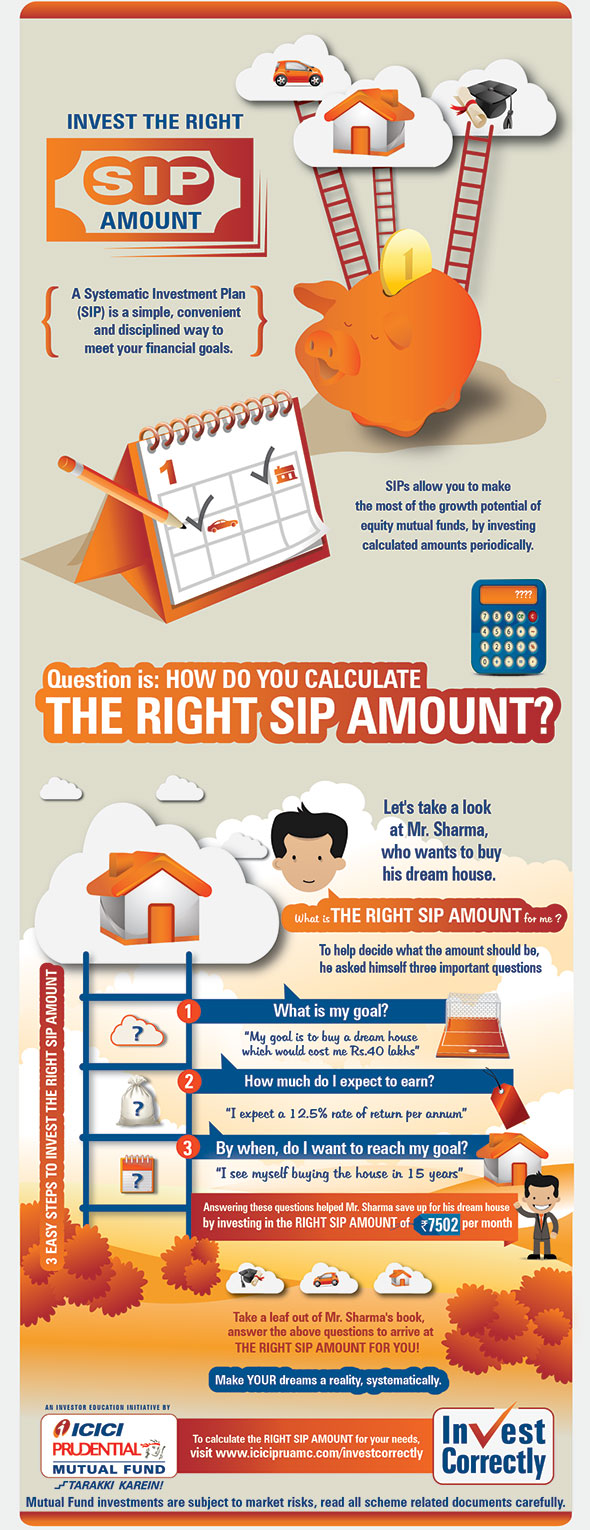The Repercussions Of Falling Short To Satisfy Efficiency Bond Commitments
The Repercussions Of Falling Short To Satisfy Efficiency Bond Commitments
Blog Article
Web Content Create By-
When a surety problems a performance bond, it ensures that the principal (the event who acquires the bond) will fulfill their responsibilities under the bond's terms. If the major stops working to satisfy these obligations and defaults on the bond, the surety is accountable for covering any losses or damages that result.
1. Loss of online reputation: Defaulting on a performance bond can damage the principal's track record and reliability, making it more difficult to safeguard future business or funding.
2. Legal and management prices: The guaranty might need to pay lawful and management costs associated with going after the principal for damages or trying to fix the scenario.
3. Financial losses: The surety may require to cover the expense of finishing the job or giving the services that the principal failed to deliver. This can result in considerable economic losses for the guaranty.
4. Raised costs: If the principal has a history of defaulting on performance bonds, they may be required to pay greater premiums in the future to obtain the essential bonding.
On the whole, back-pedaling an efficiency bond can have severe economic consequences for both the principal and the surety. It is very important for principals to thoroughly consider their responsibilities and ensure they have the ability to fulfill the regards to the bond to avoid these negative outcomes.
Defaulting on an efficiency bond can be a pricey misstep for businesses. When you stop working to satisfy the bond's obligations, the monetary repercussions can be significant. From paying the full bond amount to potential legal battles and harmed partnerships, the effects can resound throughout your company operations. Comprehending the intricate web of economic effects that back-pedaling a performance bond can have is important for protecting your business's economic wellness and credibility.
Financial Penalties for Defaulting
If you back-pedal an efficiency bond, you'll likely deal with significant punitive damages. These penalties can vary depending upon the terms of the bond arrangement however often include paying the bond amount completely to the obligee. This implies that if you stop working to fulfill your legal obligations, you must pay the bond total up to the task owner or the entity that needed the bond.
Furthermore, you may also be responsible for any type of additional prices sustained by the obligee due to your default, such as locating a replacement professional or covering task delays.
Defaulting on an efficiency bond can also lead to legal fees and court costs if the obligee makes a decision to take legal action against you to recuperate the bond amount. These expenses can swiftly build up, further aggravating the financial impact of your default. It's essential to meticulously evaluate and recognize the regards to the performance bond to avoid these extreme punitive damages.
Influence On Business Capital
Back-pedaling a performance bond can considerably affect your organization capital, influencing economic stability and functional capacities. When you back-pedal an efficiency bond, you run the risk of shedding the bond amount, which can be a significant sum. This loss directly impacts your capital, as you'll require to find alternate resources of funding to cover the bond amount. Moreover, https://www.macombdaily.com/2022/08/07/escaped-eastpointe-prisoner-mom-and-girlfriend-held-in-jail can cause raised examination from sureties, making it harder and a lot more costly to safeguard bonds in the future. This can further strain your cash flow as you may need to allocate additional resources to satisfy bonding demands.
The impact on your capital doesn't stop there. Back-pedaling a performance bond can additionally cause project delays or terminations, bring about a loss of revenue. Additionally, the negative reputation that features defaulting can prevent prospective customers, better decreasing your cash flow. In general, defaulting on a performance bond can have damaging results on your business's financial health and capability to operate efficiently.
Lawful Ramifications and Legal Actions
Dealing with legal implications and possible claims due to back-pedaling a performance bond can considerably affect your company's online reputation and financial standing. When construction bonding requirements -pedal an efficiency bond, the surety business might take lawsuit to recuperate the bond amount paid. This can cause pricey lawful fees, court expenditures, and prospective settlements or judgments against your company.
In addition, defaulting on a performance bond may result in damaged relationships with customers, subcontractors, and providers, influencing your capability to safeguard future contracts. Claims occurring from bond defaults can taint your organization's trustworthiness in the industry, making it challenging to attract new partners or consumers.
Furthermore, if the default causes a court judgment against your organization, it might cause property seizure or liens, further stressing your economic security. For that reason, it's critical to recognize the lawful ramifications of back-pedaling an efficiency bond and take proactive actions to reduce the risks entailed.
Final thought
As you face the repercussions of back-pedaling an efficiency bond, remember this: it's like walking a tightrope without a safeguard. One incorrect action can send you plunging right into a monetary freefall, with no means to stop the fall.
The financial penalties, cash flow effect, and lawful ramifications are all waiting to capture you if you slip up. So walk carefully, and always honor your dedications to prevent the severe repercussions of default.
